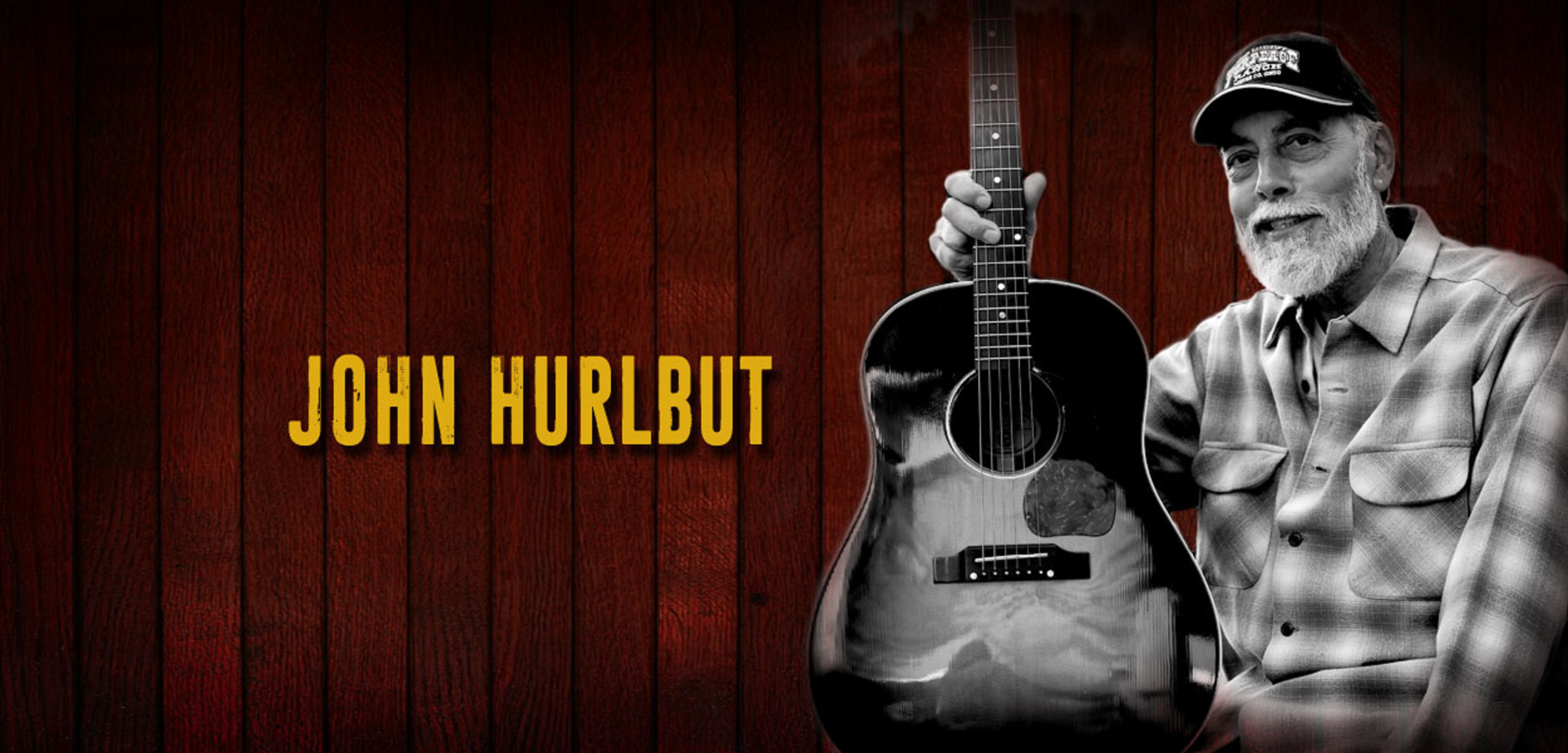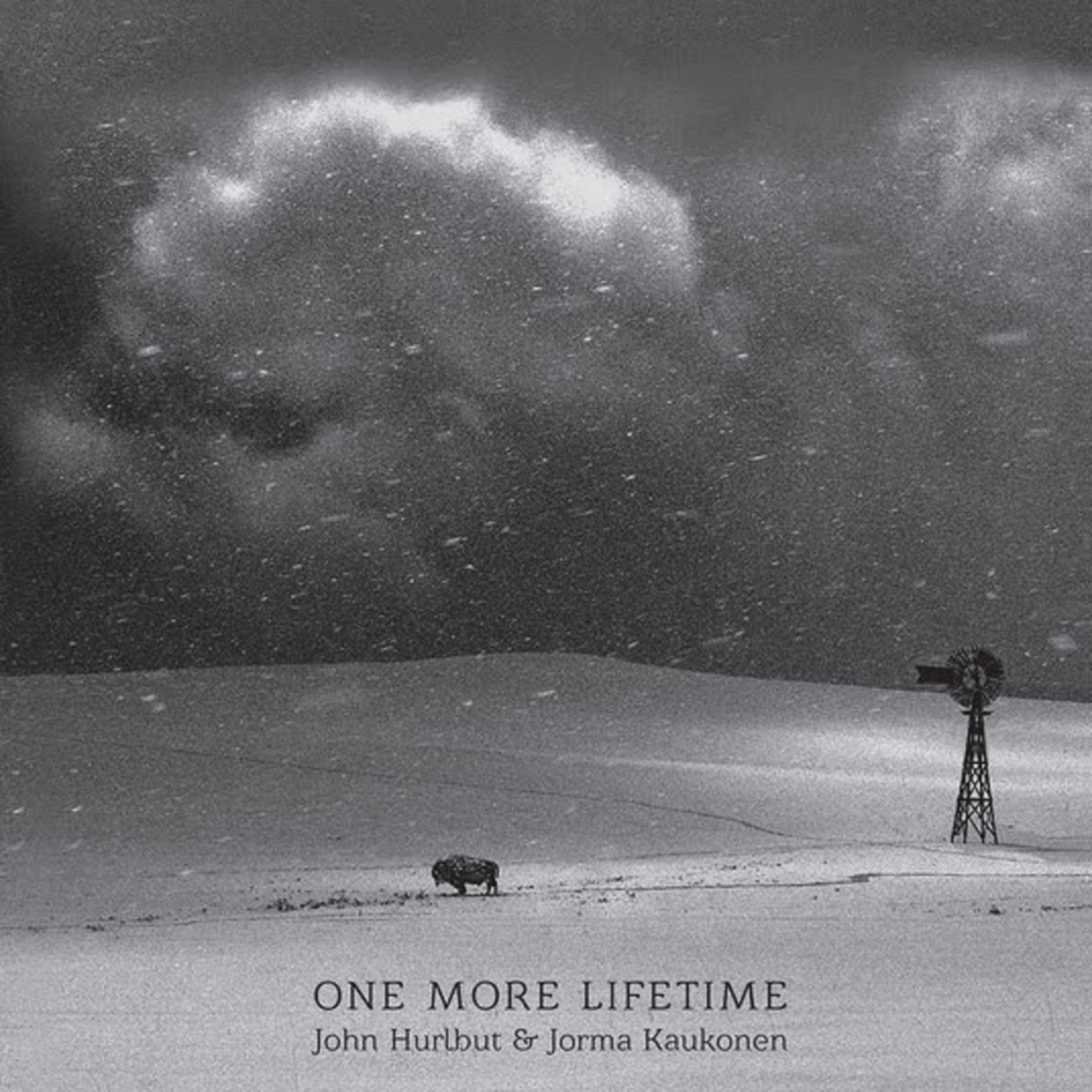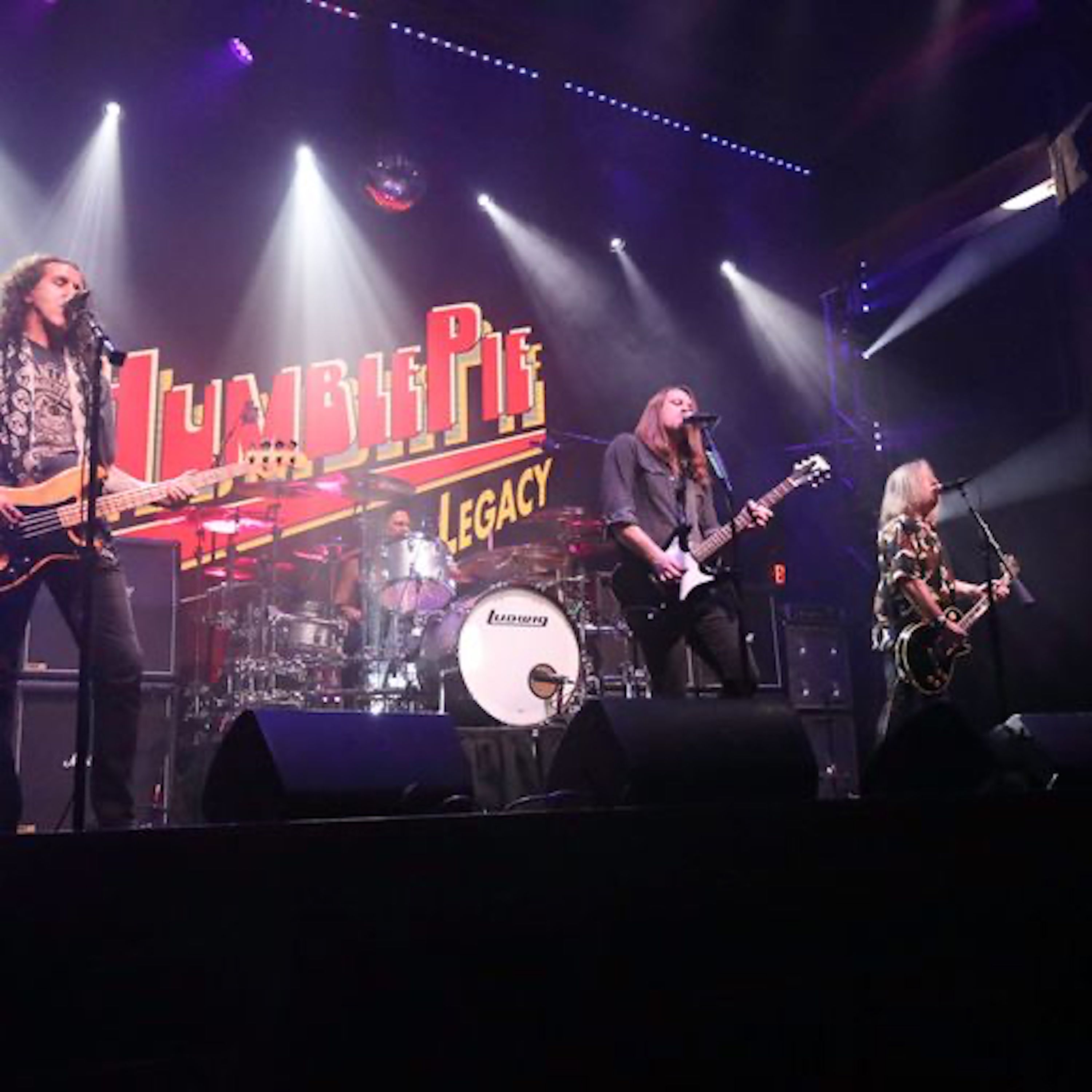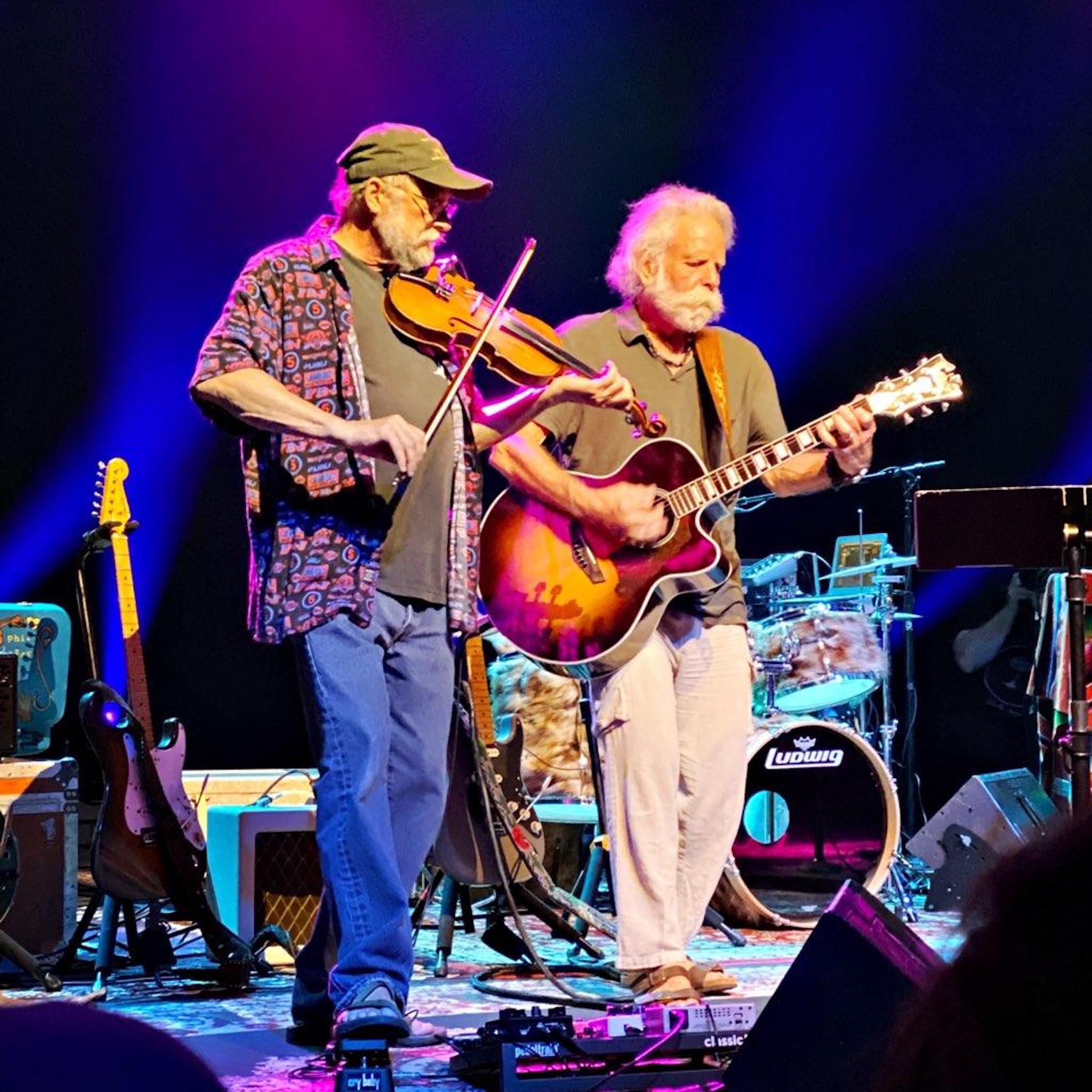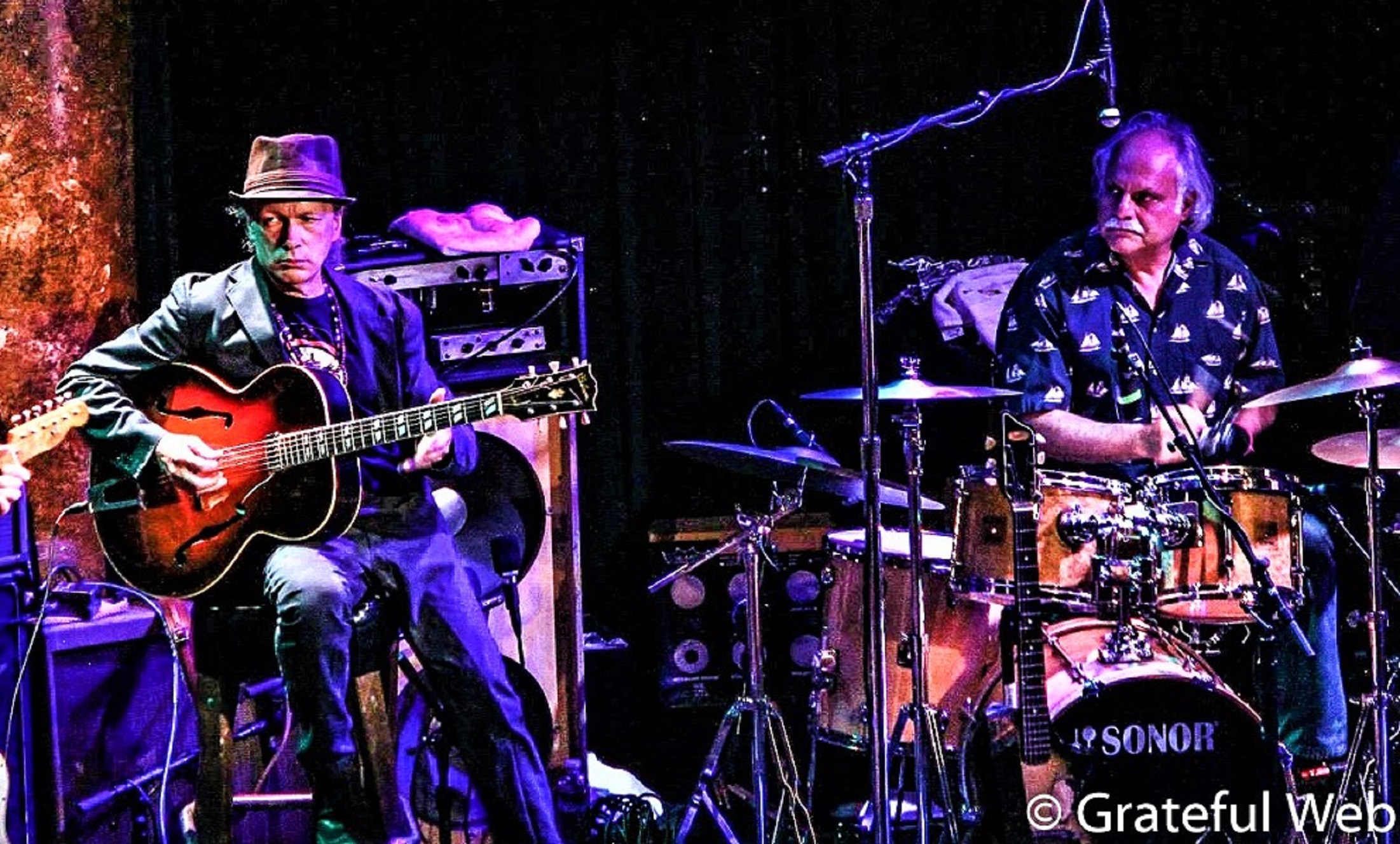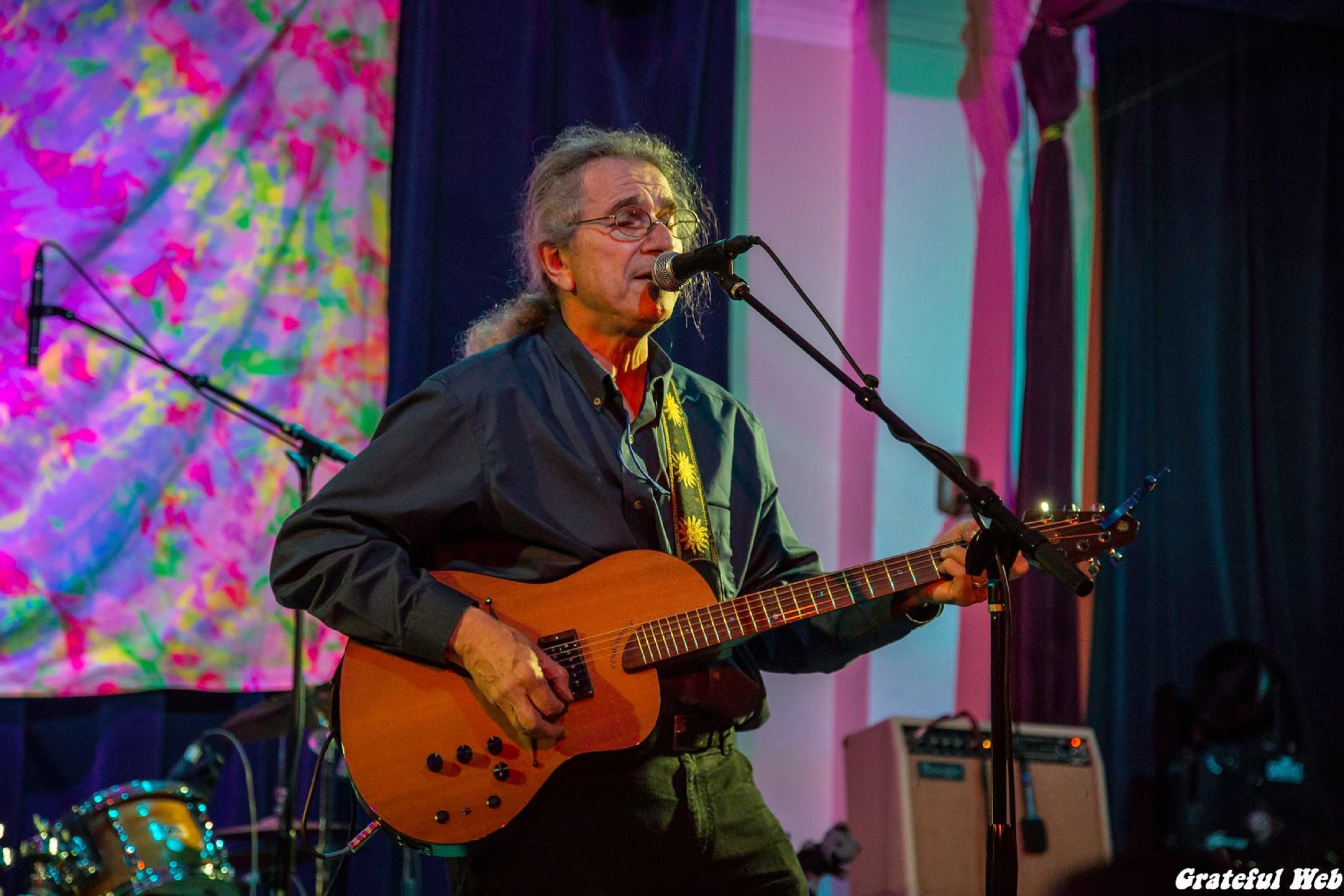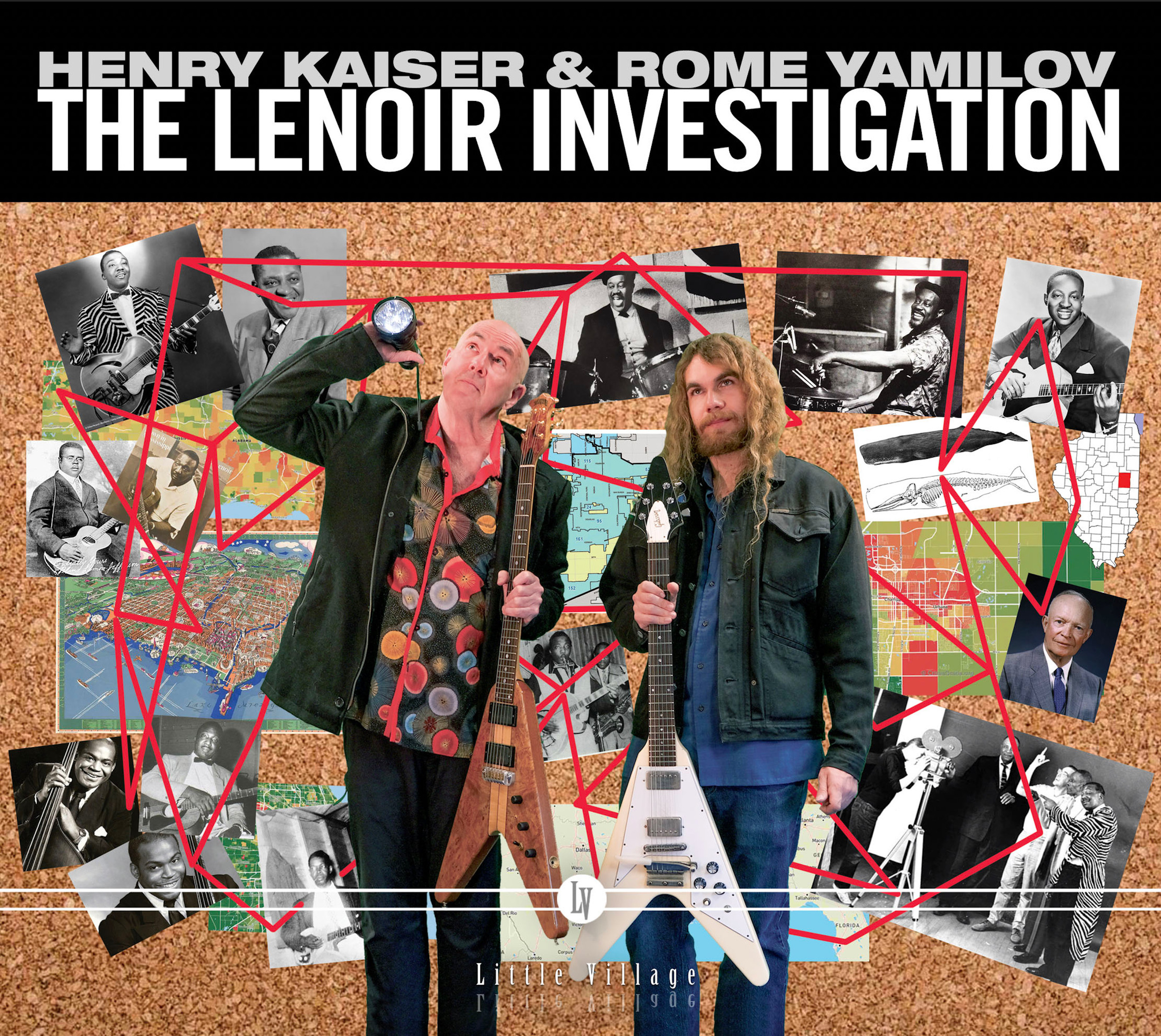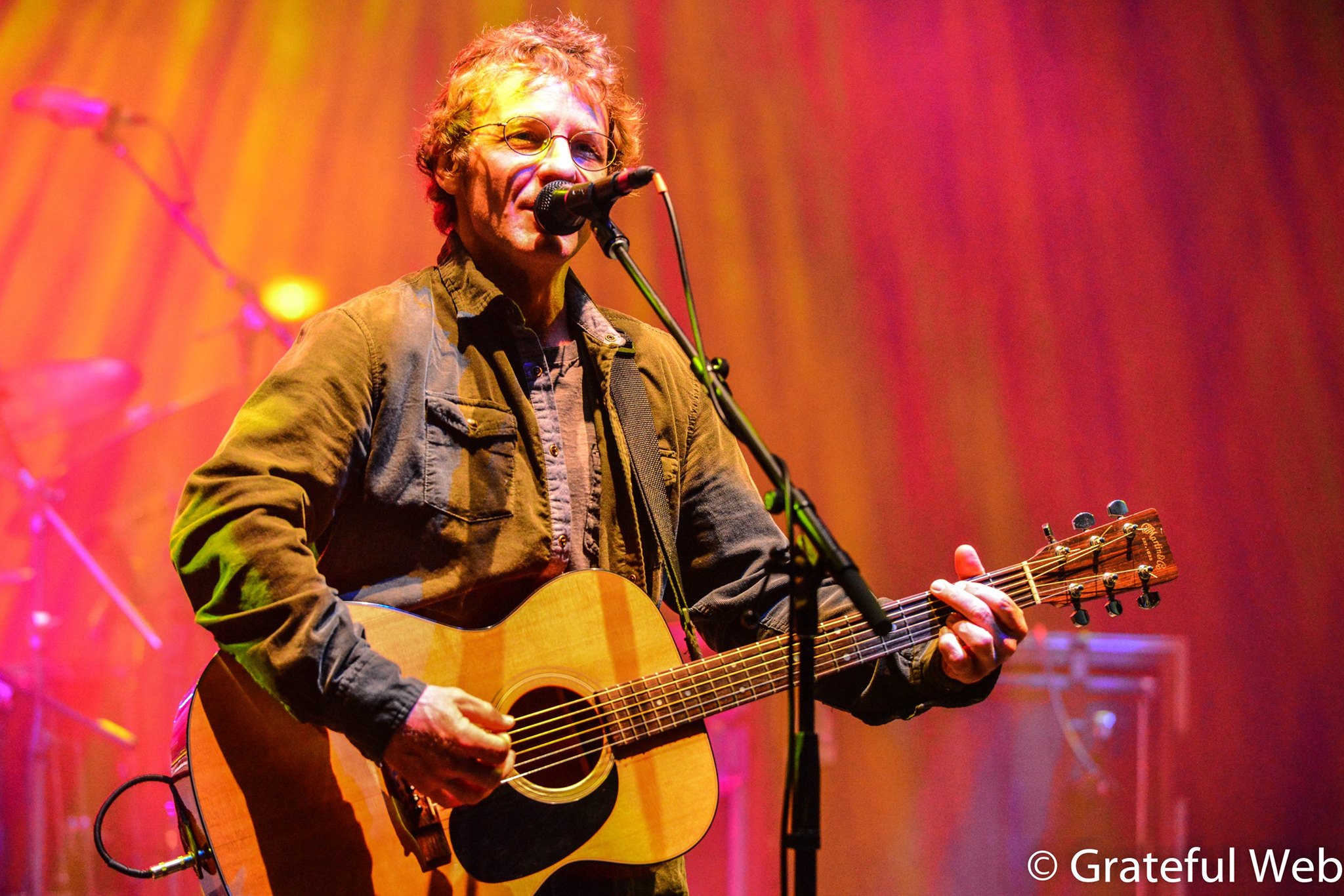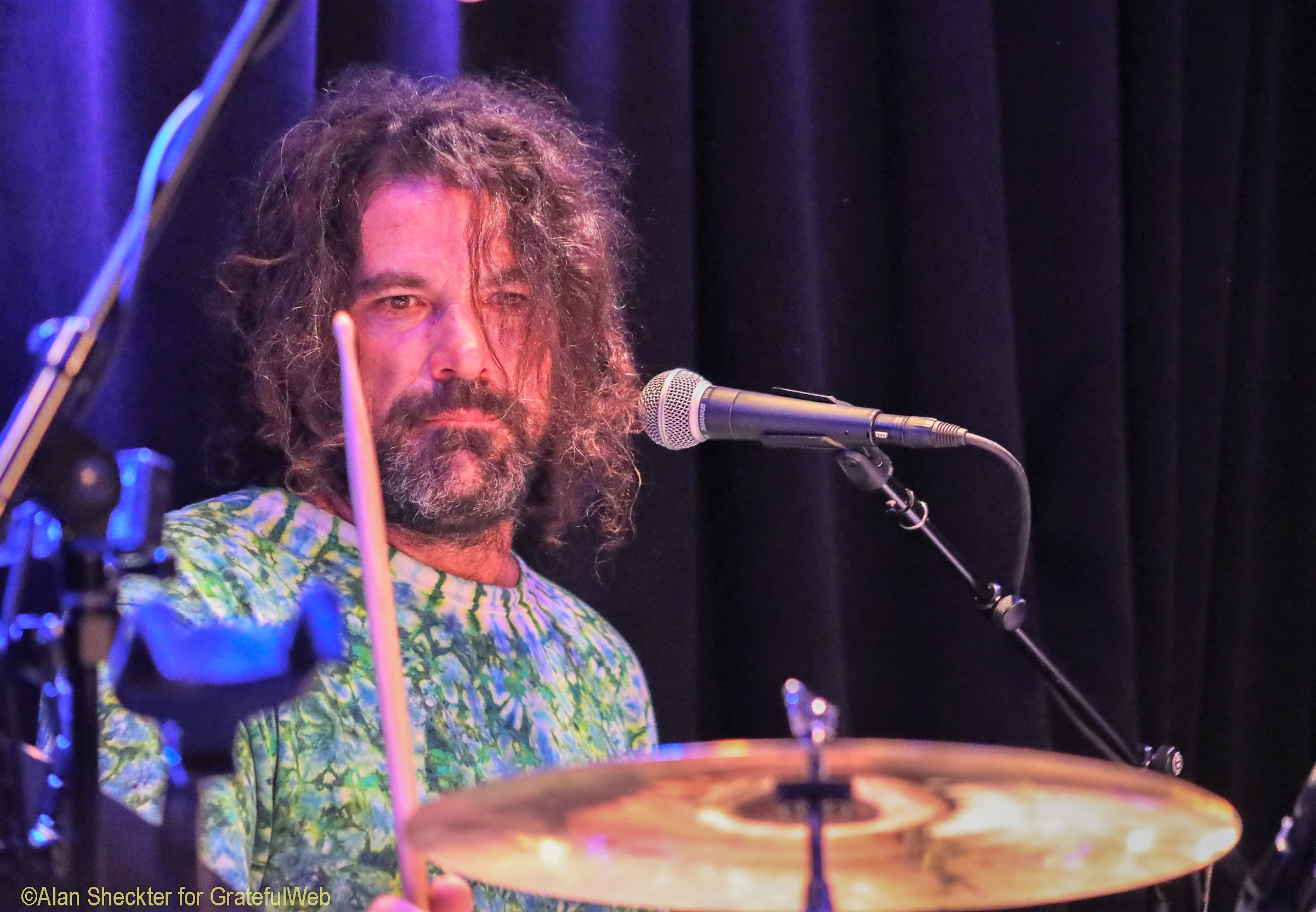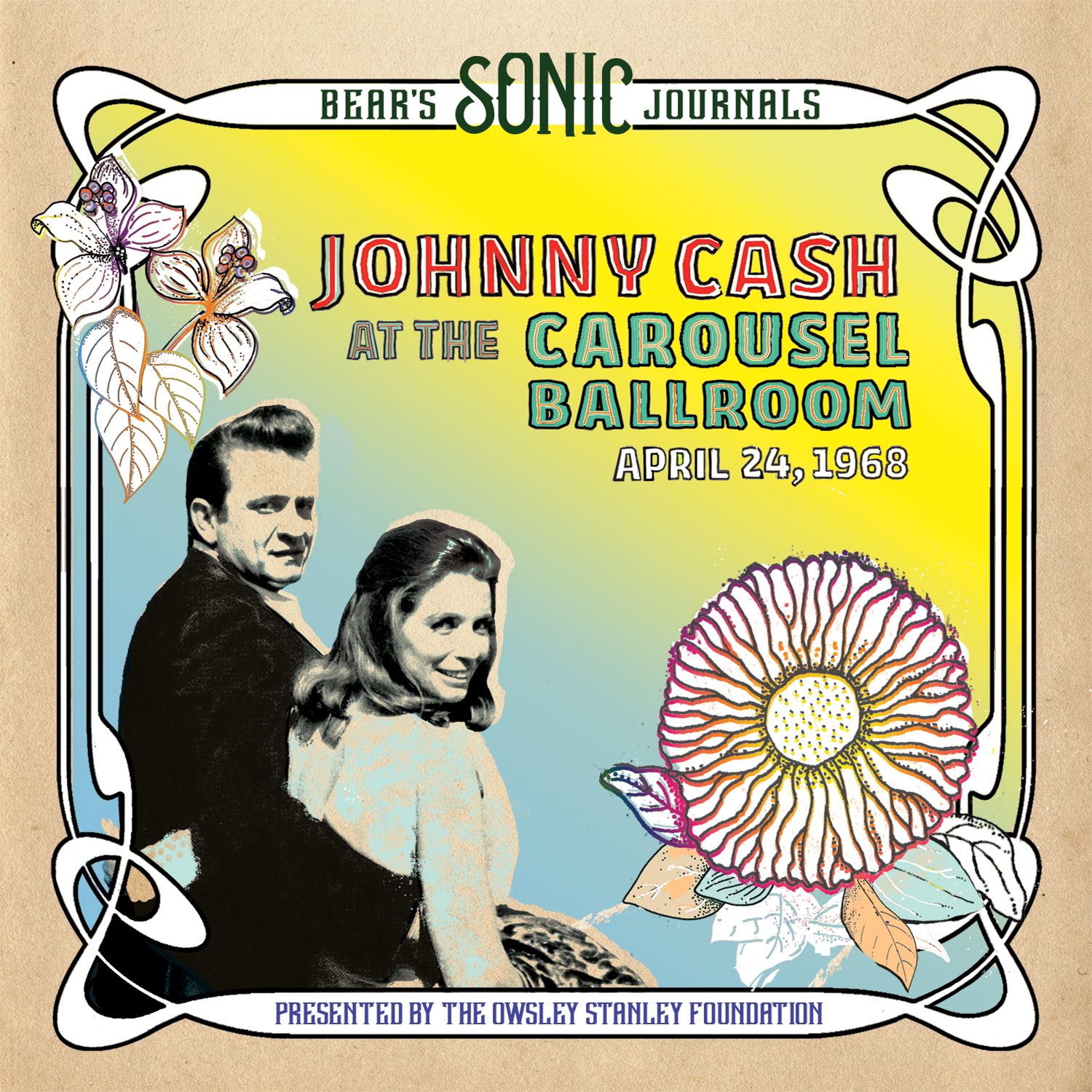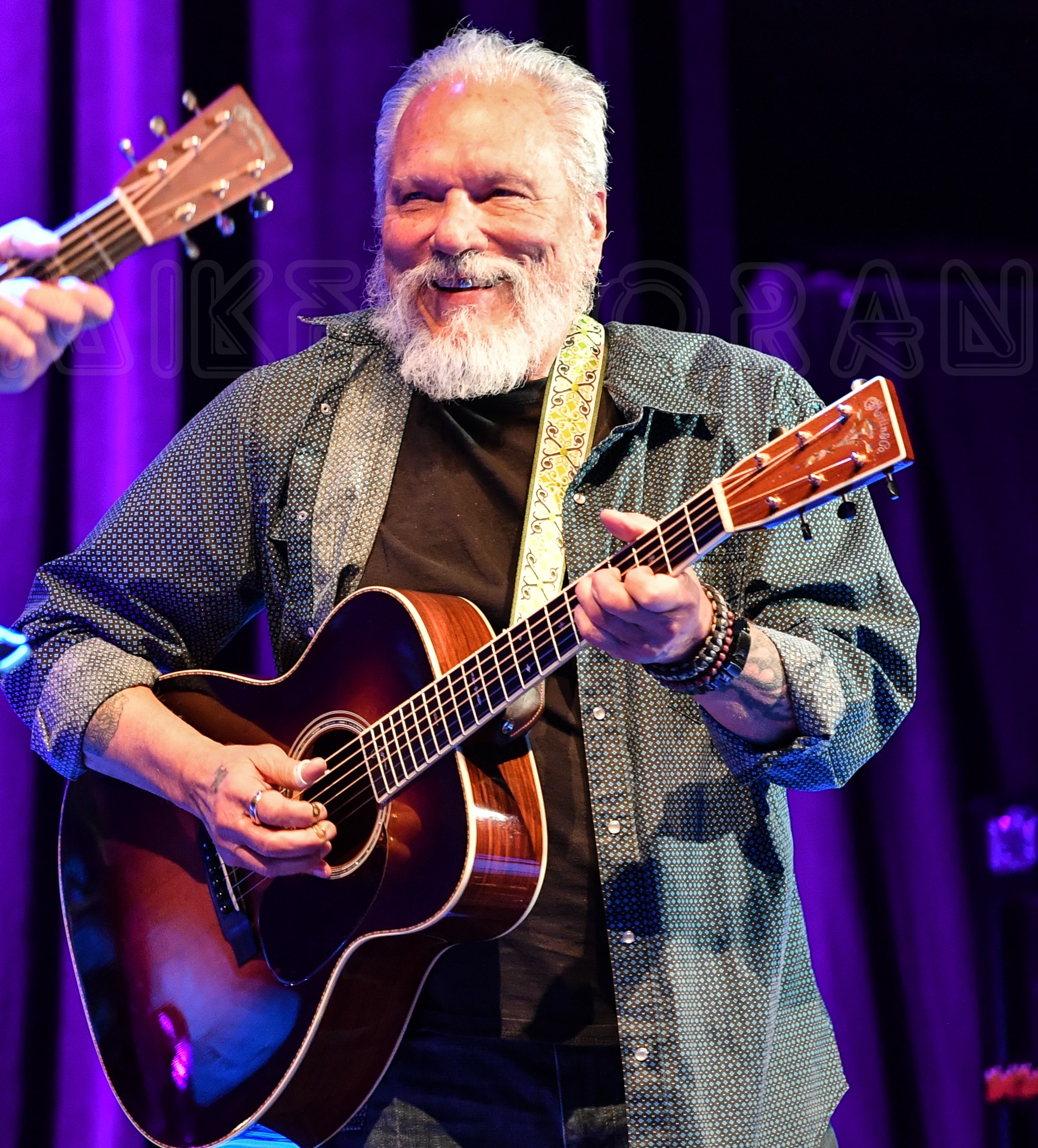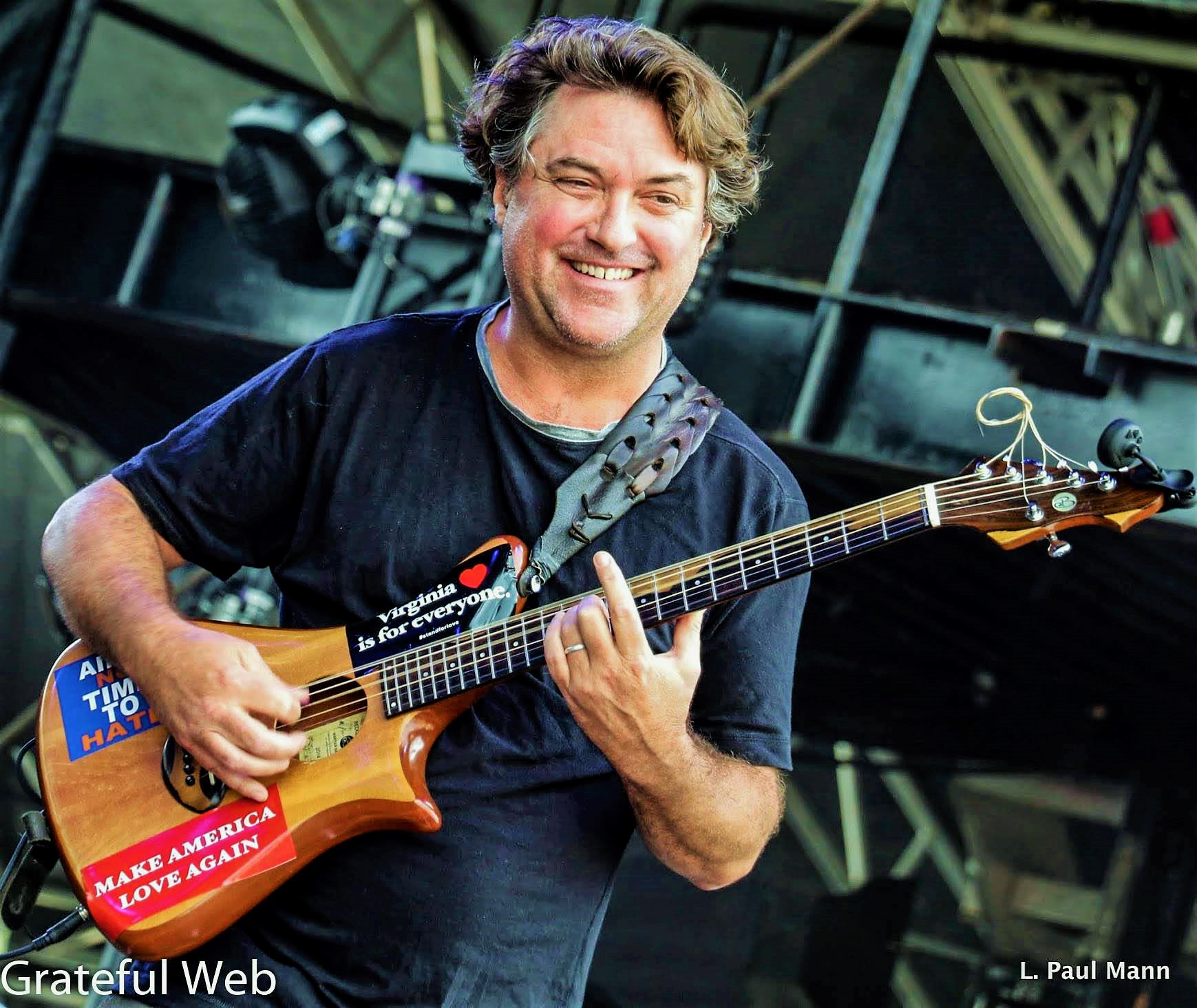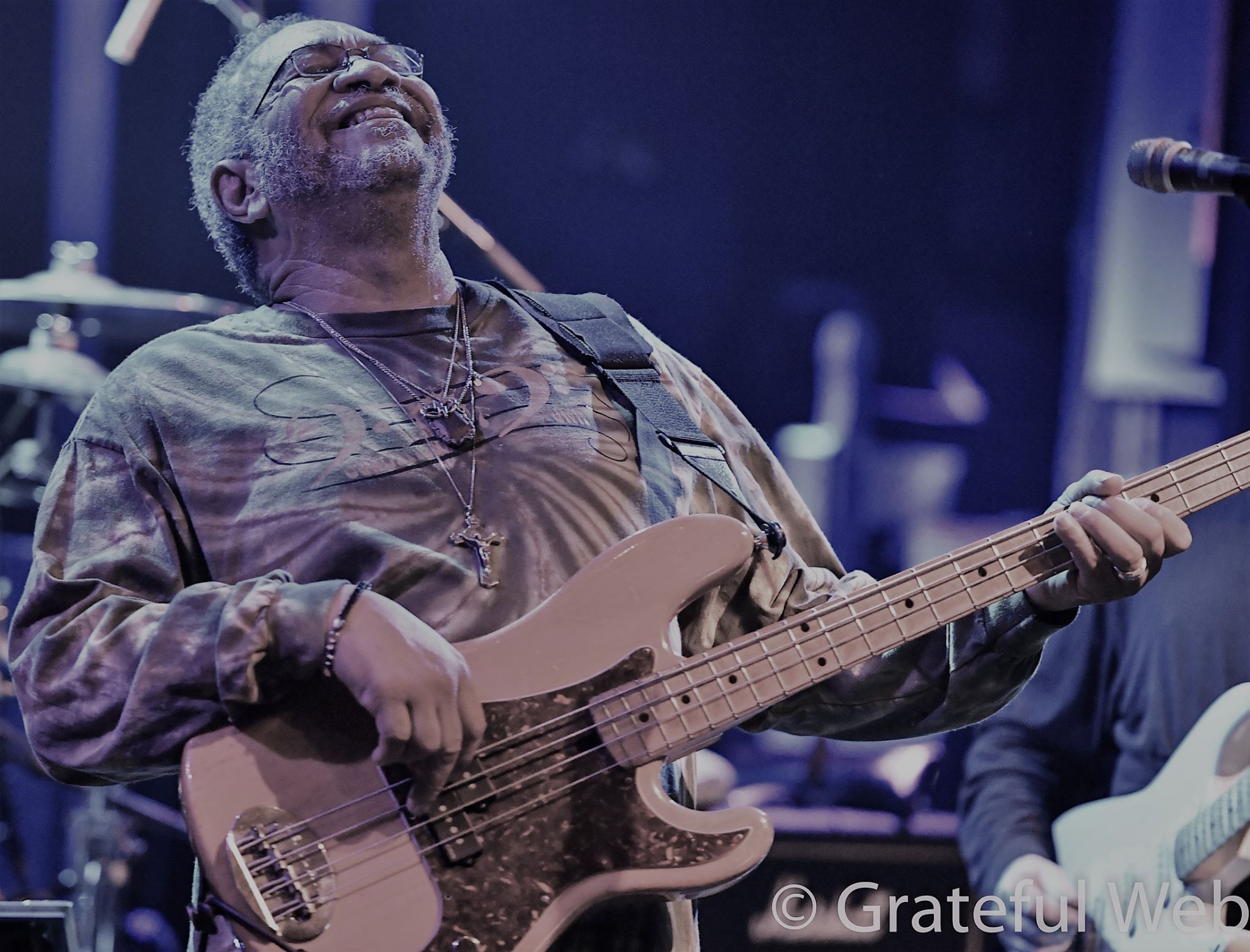With John Hurlbut’s and Jorma Kaukonen’s incredibly well-received, Christmas 2020, acoustic release, The River Flows, it’s not surprising that people are asking, “Who’s this guy playing with Jorma?” Since first making a splash during Jorma and Vanessa Kaukonen’s Saturday night Fur Peace Ranch Quarantine Concert series, this curiosity, and subsequent respect, has only grown and is quite evident as the YouTube comments light up each time John takes the stage. What makes this relationship so special that people are already asking for more? One only need listen.
John and Jorma share more than a deep love of music. They share a deep friendship that arises from not just common interests, but from long experience, the living of many a heart-felt story, as well as the mutual dreams that come from sharing a life together. Having already been a longtime friend, Jorma asked John to manage his Fur Peace Ranch while it was still in its infancy. Twenty-five years later, John has not only stood by Jorma’s side, but has played by his side. This deep friendship, which so genuinely and beautifully comes to light in their play together, is foundational to the underlying je ne sais quoi of The River Flows, as well as with their performances during the Quarantine Concerts. Inspired by their combined sound, and the joy they had in playing with one another, Jorma took advantage of the time the pandemic offered and asked his friend if he’d like to make an album. And when Jorma Kaukonen thinks something is good, we may want to heed his call.
Taking some time to chat with Grateful Web, John’s excitement is infectious as he discusses the making of their new album, his longtime friendship with Jorma, and his days of being a Deadhead. Going into detail about his relationship with Jorma, John offers an inside view into one of America’s greatest guitarists and their life together at the Fur Peace Ranch, the likes of which culminate into their simple, yet beautifully profound recording, The River Flows.
GW: Hello, John. How are you doing?
John: David, I’m doing just fine, thank you. And how are you doing?
GW: Doing awesome! Getting a chance to talk to you guys definitely makes for a fun day in my little life.
John: Well, I definitely appreciate that. Thanks for your interest, and thanks for the call.
GW: Thanks for the album. I have to say right off—Damn! Nice album.
John: Thank you. I tell you, I’m really pleased and proud and happy with how everything turned out. The Culture Factory guy did a beautiful job as far as the packaging is fantastic—But as Jorma says, the music’s good too.
GW: [Laughter]
John: It really did capture Jorma and I playing together. I’m really happy how that turned out.
GW: That’s always nice to hear. I think there’s a couple of things you can always tell when things are right—One, when musicians are on stage smiling and laughing while they’re playing. And two, when somebody hears what they’ve just done and thinks, “Wow! That came out good.” So it’s nice to hear you say that about this album. It comes across in the listening.
John: We’re very lucky because a lot of times when we play together in these Quarantine Concerts—I think we’ve done almost 45 songs, all different ones—we just have a real nice chemistry that seems to come together real well. We’re doing a Quarantine Concert tomorrow night, and Jorma and I were together a little earlier in the day doing some playing, and I said, “Everything comes together so easy when we play, but I’m really glad you don’t mind rehearsing,” because I do like to run over things, then you find little things that work better and that kind of thing.
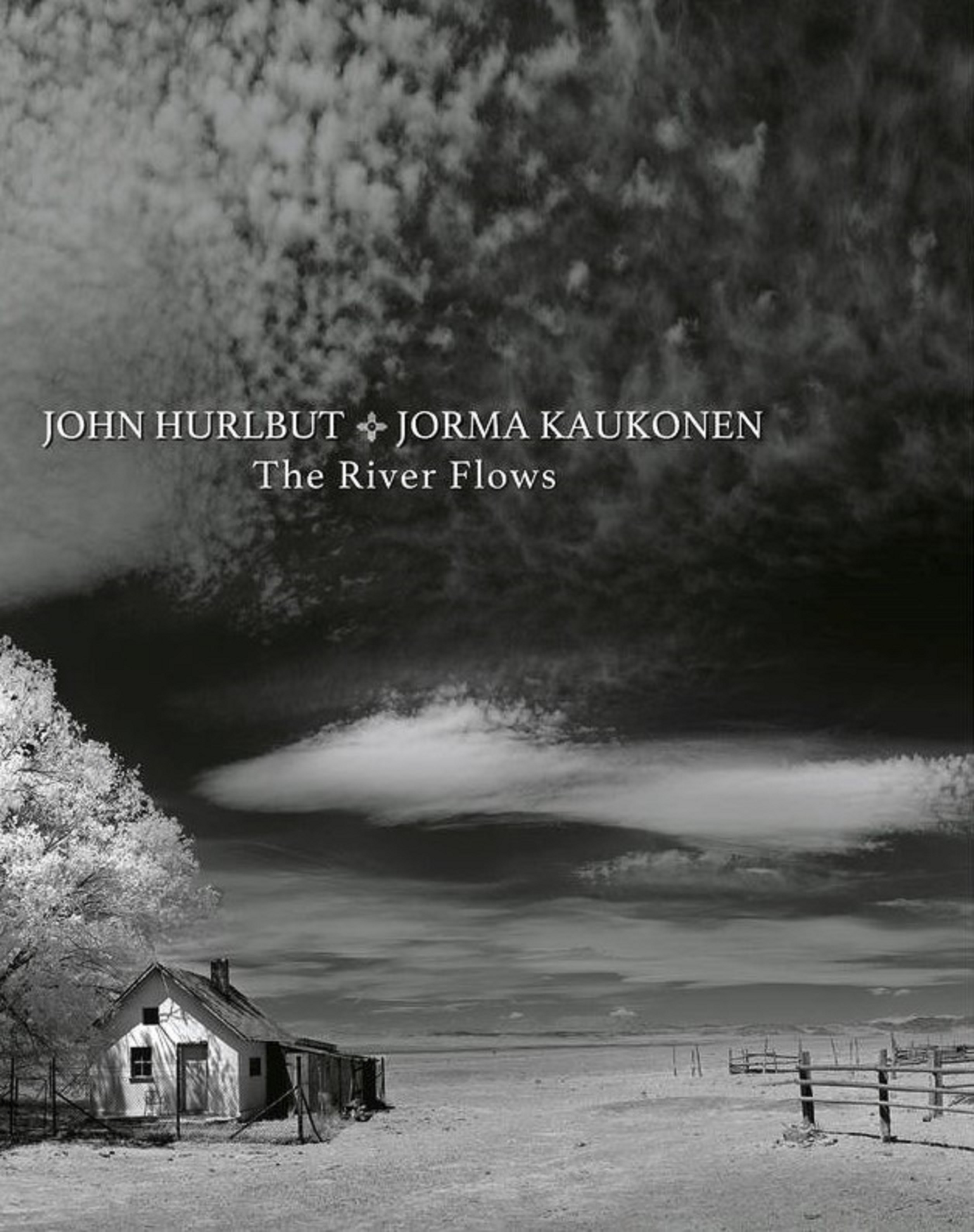
GW: It’s a fine line to catch between something you’ve edited or dialed in, and capturing the spontaneity and flavor of the moment as you did with The River Flows. Normally, you give a touch of the refinement in order to capture the flavor of the moment, but in this, you got both.
John: Yes. I like the flavor of the moment. [chuckles]
GW: It certainly comes across. I found listening to each of these songs, Jorma seems to have a really nice time bouncing around your rhythm and how well you guys mesh together.
John: He really does. He really does. That’s what’s really so special. You get to hear Jorma in that context. Even people who have listened to him forever, you see him in a different light on this record.
GW: That’s nice. I think we like to have different friends because they bring out different things in us. And you may have something you never knew you had inside yourself until you meet this one person. And then suddenly, these previously unknown or unexplored aspects of yourself come to the surface. I think you captured that well, what you bring out of each other.
John: Thank you, David. Thanks for that.
GW: I was kind of curious. Here you had to choose the songs for this album. How did you narrow it down? That had to be a tough selection to choose from.
John: It was, because you have certain favorites you love and then certain things that come over so well. I guess the reason I grabbed the eight we did at first is because it was a nice variety of music, crossing different genres and stuff. I also knew those were songs Jorma really liked and felt comfortable playing. We’ve done most of those songs several times, and I could tell he got into them. David, when we used to do these lunches out here—and now everything is so different in the present world with the virus thing—but when we used to do these lunches out here, they were so fantastic, and we’d have a full house. People would come out all the time for the lunches, and we’d just try all kinds of different things. I did “No Woman, No Cry”, and he’d find a beautiful spot in playing that song. All the songs, I would say, had potential, but I guess I picked these eight because I felt these were ones he really liked, and we had done them enough he felt comfortable with it.
GW: That’s funny, because while listening to the album, I wrote in my notes about the variety. Yet at the same time there’s kind of a sameness to the feel.
John: Yeah. Thank you for that. Thank you for that. Being that Jorma’s the producer, he had decided what kind of sequencing we should do on the record. Of course, I love everything he said. In retrospect, I complimented him about it because it really makes a nice flow to the record. As soon as I got—I’m a big vinyl guy for a long time, David. I used to have a record store when record stores were the thing. I’m a music collector myself. I had always been into record collecting for a long time—I listened to the record eight days in a row in its entirety every night when I got home from work. I fell in love with it. And I gave up the time, you know?
GW: [laughter] That’s a great sign.
John: After the eighth day my amp went out on me. [chuckles] But as I listened to it, I’d think, “Boy that transition is real nice from kind of a jamming song into this real soulful thing.” Like “People Get Ready”, I just loved. And you know, David, you’re familiar with the record, somewhere Jorma goes wild, and there’s a lot of lead work. And something like “People Get Ready”, it was just such a perfect—what the song needed, a lot of subtleties, and just exactly what was perfect for the song. And of course, Jorma’s so good at that. The country song “Choices”, which I love, and Jorma loves this song too from when I first brought it to him—I had known it from a George Jones song. He had a big hit with that.
GW: Yeah, he did.
John: David, I’ll let you behind the scenes here. I said to Jorma, “As much as I love it, I don’t know if your fans will be happy because you get such a short space to do a lead in.” And he said, “No, John. That’s what I want. I want to serve the song. The song isn’t a jam song.” So in retrospect, now I listen to it, he put exactly what the song needs. I mean, perfect. So it’s grown on me. I loved it from the beginning, but it’s grown on me. I see a lot of cool things that I see in it now as far as how it progresses. Like I say, it really has several different genres of music, however when I listen to it, it all flows from side A to side B without feeling like we’re jumping back and forth, or herky-jerky. Even though it’s different types of songs, they flow like a real nice piece.
GW: Yes, it does. Interestingly, you hit me on something there. When I first got the album, I wanted to see what I was in for, so I just poked “People Get Ready” real quick, and within the first ten seconds both my wife and I were wide open with tears in our eyes.
John: Ah, wow, boy. Thank you so much. It’s the ultimate compliment that you feel the music.
GW: There’s a thing with that.
John: I don’t have any doubt about it because I know you’ve been doing this for a long time. I can just tell from the little bit I know about Grateful Web that you’re totally into music things. So when someone feels what you’re doing, it makes me feel very good. Thank you for sharing that with me.
GW: Thank you for sharing, because it is something. And what it is that came about was how the music suddenly makes words have so much more meaning, where suddenly the train means so much more. And that opens that door. And when that door is open, that’s what music is all about.
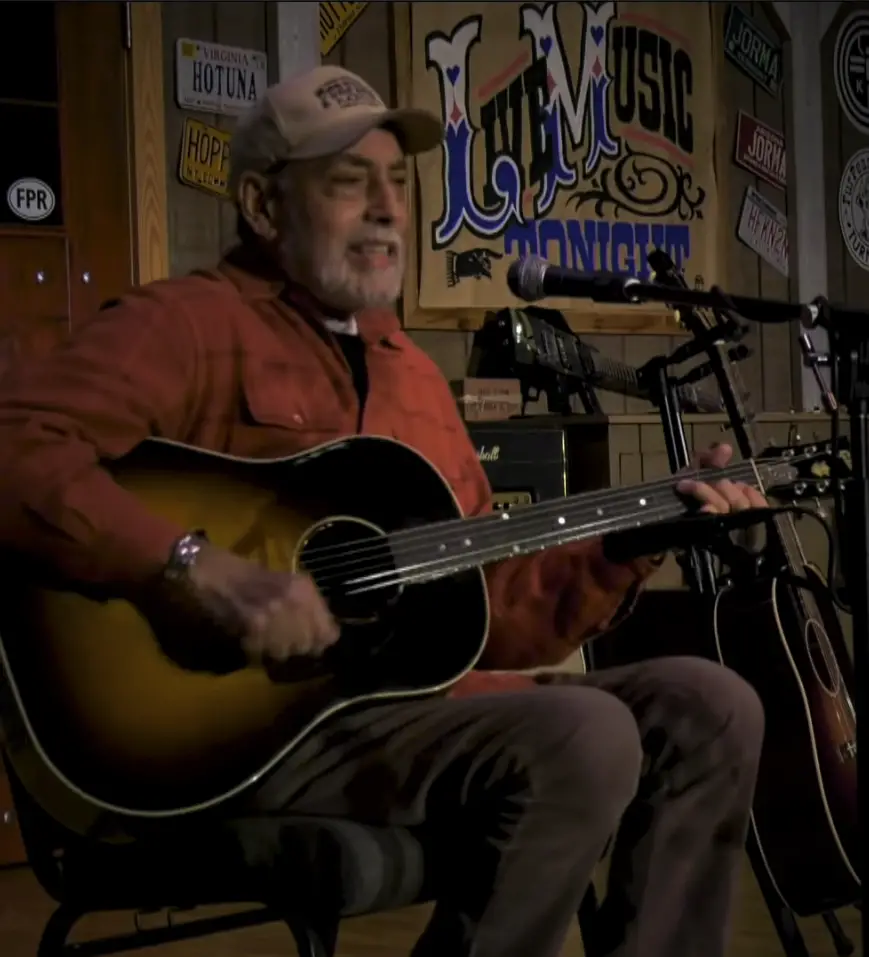
John: Yeah. I agree a thousand percent. Thank you for the perceptiveness. I think what really happens on this record in such a great way is just the two guitars. It’s very stripped down obviously, so the song and the lyrics really come to the front. At the same time, and I don’t want to blow my own horn here, but sometimes when I listen to it, it feels like there’s a lot going on there, more than just the two guitars—and the feeling that goes with it, and everything else. So, yeah, that’s just a fantastic song on so many levels for such a long time. And I think, stripped down acoustic, you really get to focus in on the lyrics, like you commented, and what the song is about. You feel that stuff.
GW: There’s something about life where it has both simplicity and profoundest, and when you strip it down, you offer the simple profoundness of things.
John: Yeah, at the same time.
GW: Absolutely. And that comes across throughout the album. And something you mentioned about “Choices”—What’s that album? Crosby. If Only I Could Remember My Name.
John: Yeah. That’s a fantastic record. I loved that.
GW: It is. You made me think about that when you were talking about “Choices”, because a lot of the great albums you don’t fully appreciate when you first hear them. They grow on you.
John: Mm-hmm. I can tell you’re a music guy already. I’ve been around a lot of those people in my life, and you’re hitting it right on the level. I had a retail record store, David, and like I said, long time collecting records and loving music, but sometimes there’d be something I’d listen to and maybe had high anticipation for, and it just didn’t lift me out, where some other things as I listened to it—I’ll tell you one thing in particular, Bob Dylan’s album, Rough and Rowdy Ways. I loved the long song, “Murder Most Foul”. The other songs, at first I listened to it, and went, “Okay, yeah.” But every time I listened to it, I liked it more. And that was a record I really loved. When I listen to it, I hear a little bit more in it. I love ‘em a little bit more. I do agree with what you just said, because to me, that’s what makes a good, strong record, and sustains.
GW: It does. And I think you’ve got it here. The opening in “The Ballad of Easy Rider”—What a great opening! You just throw us right in, instantly knowing, “Okay, this is a guitar player’s album.”
John: Boy, that song. We started doing it at lunches. I threw that at Jorma, and the jam things just came off it. Every time we do it, it’s different, and it goes on and on, with the long solo. To me, I love that because I can tell you that take there is a complete improv thing on the moment we sat there and recorded it. You know, again, this is a funny thing because we played it a lot together, and every time it’s just fantastic, but it does take on a different feeling each time. And that day, when we recorded it with the long solo and stuff, at first, Jorma said to me, “You shouldn’t have given me such a long solo. It’s okay for a live thing, but this is a record.” And the engineer said the song went over ten minutes. [laughter] He said, “Maybe we should think about shortening the solos.” I said, “Sure, I need some guidance on this stuff. This is all novel for me.” So the next day we came in and we did like a six-minute version. That was one song we did three takes on. Most were one take, and they were good on the one take, but we did a second take. Justin, the engineer, very professional as he is, says he likes to always have a second backup copy.
GW: I can see that.
John: But anyhow, we did the six-minute version, and when Justin brought it to us to make the final decisions, he said, “Listen, I know you said it was long, but I think there’s so much here you really gotta sit and listen to it.” So he played it back, and Jorma and I are sitting there, and I’m looking up at Jorma several times, and I’m, "My God, Jorma, this lead is fantastic.” And he said, “Yeah. It came out better than I thought.” [chuckles] He did such a great job on it. So we thought about it. We’re not looking for some radio commercial hit or something where we have to do a three minute version. We’ll throw the ten minute version on there. And as I told Jorma—I’m a big Jorma fan myself, that’s what brought me to Jorma. I saw Hot Tuna when I was in high school. He was always my favorite guitar player out there. So, when you listen to that and hear him going off, and the pulls he does and all that, it’s just like classic Jorma. He sure dishes out a lot of real interesting lead work on that song. So that beginning part is just unbelievable leading up to when the vocals come in. Again, the solo he takes between second and third verses, and even the going out on it.
GW: Oh yeah. Very Sweet.
John: I just loved every part about it. A lot of it is of the moment. David, I don’t know how much Jorma told you, but to give you a little background, it was really cool. Justin came out here and we set up the workshop building, which is sort of the building we use for classes and stuff. He brought all the portable equipment in and made it a good sounding room that he needed for the mic-ing situation and all that. We sat across from each other, about twelve feet, and just played. And that’s what comes out. I’ll tell you what’s really amazing, this was very funny for me. [laughs] They put something around my head for the vocals. It kind of looked like a barrel that was cut in half. That foam that you see in studios that look like little pyramids, you know?
GW: Oh, yeah. Yeah.
John: I said to Justin, “What is this?” And he said, “I like this because it traps the vocals into this microphone.” Oh, he had all the stuff, [laughter] the double microphones catching the voice and stuff. So I say, “Okay.” And he says, “Is it okay with you?” And I said, “Well, to be honest with you . . .” It’s how I play with Jorma, and even guys I play with other times, I rely on visual, you know, eyes. Are we going to start going out of this song? Are we going to let this solo go longer? Things like that. We pick up on each other. But with this thing around my head, I couldn’t see Jorma, though Jorma could see me. I couldn’t really see where he was going. I went home that night, and I came in the next day, and I said, “I gotta tell you, to be honest with you, having that thing around my head and not being able to see Jorma is little bit for me to get by.” And Justin said, “Of course, John, we could remove it if it bothers you.” I said, “No, I don’t want to do anything that would detract from what you think would give us the best recording here.” I had to think about it in a different way. David, I’m a big Star Wars guy, have been forever, and said that I felt like Luke when Obi Wan put the helmet over his head and said, “Just feel it, don’t watch it.” [laughs] And all of that was done that way. So sometimes when I listen—even on that song you’re talking about, and also on “Someone’s Calling”—when Jorma goes into these things, I think, it’s unbelievable that the synchronicity worked this well without being able to see and direct it through visual eye contact.
GW: Yes, it did. Though I will remind you, as you know, when you’re talking to a Deadhead, a ten-minute song is short.
John: [laughter] Yes. I hear ya, man. I hear ya. And I’ll tell you what, the ten minutes goes by like this [snaps fingers], which is a real good sign. There’s nothing there that labors, that I think, “Oh boy, we dragged that.” I mean, it could have been a fifteen minute song. [chuckles]
GW: Oh, easy. I know how you feel when you go back and listen to something. I have some articles I wrote which I really like, sometimes wondering, “Really? I wrote this.”
John: [chuckles] Yeah. That’s always nice. And when you’re creating, you’re always moving, and a lot times, you don’t have a good time to go back and listen to that stuff like that, so it’s always nice when you go back and listen to something, and go, “Yeah, yeah. I like how that progressed.”
GW: There’s some kind of subliminal thing that just comes out in the wholeness of it that’s always refreshing to catch in yourself.
John: Yeah. I agree. And refreshing is a good word for it. Yeah, refreshing. I find that in the same case.
GW: Just to keep rolling through some of these songs, “Kansas City Southern” was a really nice break. It had a different feel. Where you put it in the middle of the album, you’re asking for it by that point. That was a really nice flavor at that time.
John: Yeah. I agree. Again, it goes to Jorma making the great decisions on how to sequence things. We were just playing that this morning together, David. The first time through it, I said, “Wow, boy. That song always works so well for us.” Jorma and I have been friends for a long time, and jammed over the years and stuff, and that’s always one I used to pull out. He’d love to go off on it and play on. I agree. It comes in really nice after the two slower, shorter songs, to be extended into “Kansas City Southern”. I just love the song. And again, Jorma’s solo work on that is just beautiful.
GW: Yes, it is, but I don’t want to underestimate you, because Jorma’s not going to play and dance around like that without you there. This is a two-fold act for sure.
John: I really appreciate that. And believe me, when he tells me that, it sure makes me feel good. That’s how I love to hear it, that he doesn’t have to worry. The dancing part becomes the main thing instead of having to worry about holding someone up.
GW: Nice. Well, since I know you love reggae, I have to ask, how did you keep from putting a reggae song on here?
John: [chuckles] Well, because I was talking about feeling comfortable. I’ll give you a little thing. Tomorrow night we’re doing a Quarantine Concert, Jorma and I were rehearsing this morning, and we’re going to do “Sitting Here in Limbo”.
GW: Oh, man.
John: Boy, did that turn out wonderful. Like I said to Jorma, “Boy, it’s such a strong song, and if the lyrics don’t really hit home in this day and time.” I will mention one thing, David, one thing really cool. It seems whatever song, Jorma really does find a real nice spot to play within that song, and he plays it like Jorma would play it.
GW: It’s like his nature.
John: Yeah, you’re right. That “No Woman, No Cry”, we had Jorma’s wife on that set. We meshed together for a student performance. I’ve done it just myself with her singing with me. And then we had Jorma come up and look. His lead work was so beautiful—a lot of single note stuff with feeling—that at one point I almost lost it because I was listening to him play, going, “My god, Jorma. No matter what we do you make it sound fantastic.”
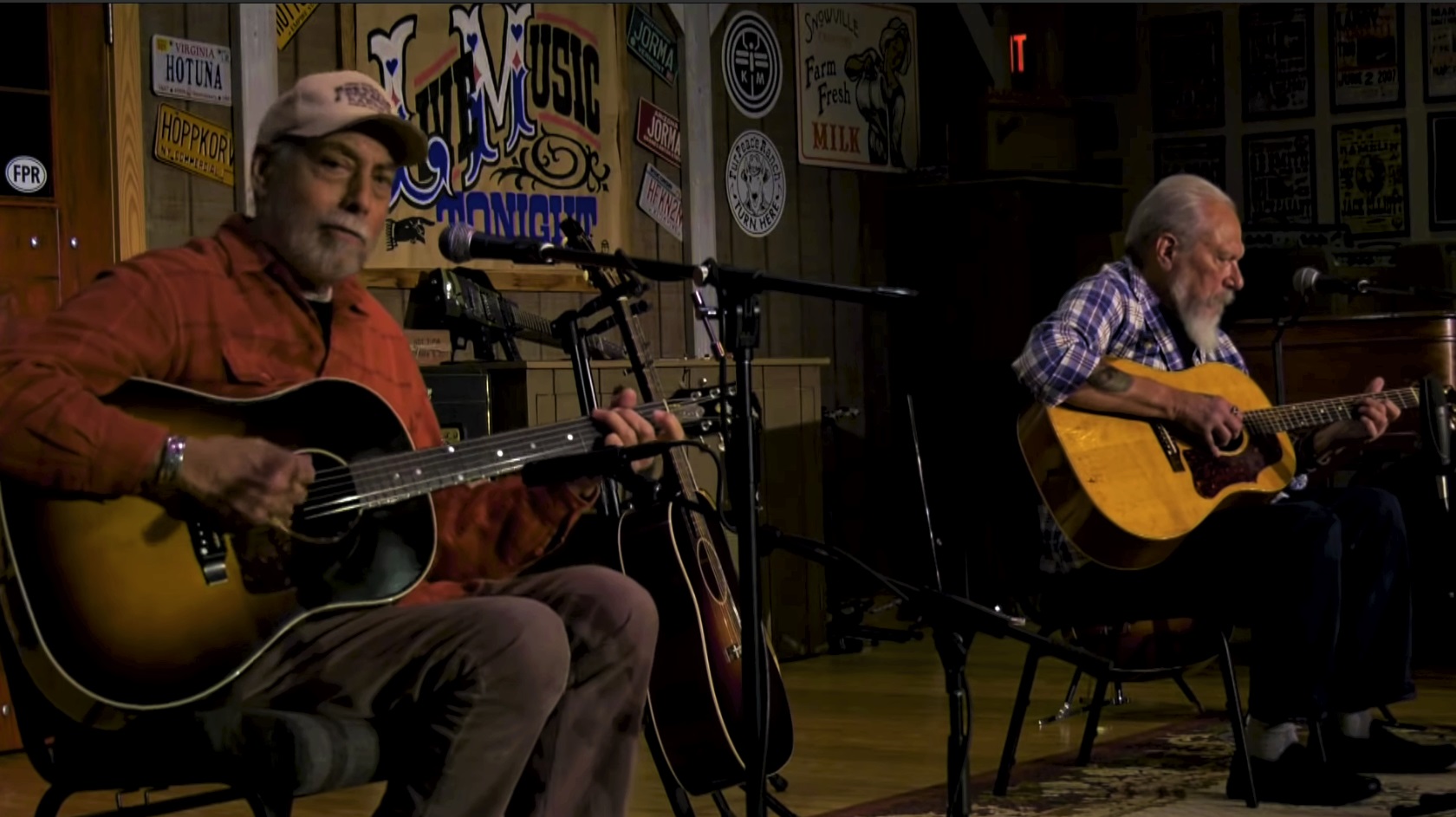
GW: [laughter] Must be great to get to play with Jorma of all the people you’ve played with.
John: It really is. It’s really special, my friend. Really, really special
GW: Another thing I wanted to ask about the song list. You only put one of your songs on it. You stuck with covers, yet you put “Someone’s Calling” on there.
John: Yeah, just put one on there because the other ones weren’t the variety we needed and songs I really loved. Not to say I don’t love other originals of mine. Actually, we did record another one. For the recording session, we did fourteen songs in two days. And another one of my songs is called, “A Little Faster”. It’s actually a song Hot Tuna covered on their Steady As She Goes record that came out some years back, their last studio record (2011). They (Culture Factory USA) are actually going to put out a Volume II which has the songs that didn’t get on the first album, because they wanted to make it a single record set. So, I go along with whatever they say. So there will be another original on it. I guess the thing is with “Someone’s Calling”, I knew Jorma knew it, and he liked it, and we played it together many, many times. I wasn’t going to throw something new into the mix and try to feel comfortable with it in short time because this whole thing came together so quickly. To run it down for you. On a Tuesday, my day off, I was out at the grocery store and I got a call from Jorma on the cell phone. He said, “Hey, I’m on the line here with Vanessa and I want to talk to you about something.” I said, “Yeah Jorma.” He said, “I want to do a record with you. What do you think?” My God! [laughs] And he says, “I want to produce it.” I was like, “Yeah, Jorma. [laughs] Yeah, Jorma. This sounds great!” I come in the next day, and I’m not kidding you, you could imagine, I come in the next day and I told them I couldn’t even sleep last night. They said, “What’s wrong?” I said, “You know our project? [chuckles] I just want to make sure I understood you right. You’re going to produce it?” And he said, “Yeah, I’m going to produce it. Just catch what you and I have been doing, just the two guitars, you singing. And I’ll catch the essence of what we’ve been doing over the last few years.” And I was like, “Wow! Yeah, Jorma, that sounds great.” The next day, I see he’s already got Justin on the way coming. So everything happened so quick. It was literally two weeks from when he talked about it that everything was done, the recording was done. We did the recording in two days. He had hired Justin to come for three days. Two days we recorded, the third day we played back, and he dismantled and took off.
GW: Wow.
John: I actually went home after that two weeks, and I was like—It’s all for me, David. It’s a little, I guess surrealistic might be one word. Rather dreamy.
GW: [laughter] Yeah. I bet.
John: If someone had said to me, “Hey, you’re going to be recording a record with Jorma.” I would say, “What?” It came together so quickly. Literally, after two weeks from the time he told me that Tuesday, two Tuesdays later I went home and thought, “Wow, it’s already all done. [Chuckles] This thing happened.” It really was like, “Did it happen? Did this really happen?”
GW: [laughter]
John: I felt like I was in a Matrix program or something. Even Vanessa—and Jorma both—had said to me when we received our advance copy from Culture Factory—it was almost five months to the day she had called me—and she said, that’s unbelievable, John, that five months from when we talked to you about it, we have a finished product in our hand. That’s just unbelievable. And of course, I don’t have anything to go on that, but when we did the two days of recording, Jorma said, “This is fantastic, fourteen songs in two days.” I said, “So, is that good?” He said, “John, ha, it took us six months to record a Jefferson Airplane record.” Of course, that was dating it back to what he was talking about. Things happened quick, but I think the reason it did was because that chemistry was just so good. Everything just grooved. Nothing was really a lot of effort. It was really, very organically—just happened.
GW: That’s kind of funny. Jorma and I were just laughing about this because you have more ahead of you with the album coming out at Christmas. That’s when you’re really going to start feeling the surrealism. I said, “Boy, I guess you’re never too old to become a rock and roll star.”
John: I hope not. [laughter] Yeah, it’s a trip, man. It’s a trip. I gotta tell ya, personally, I’m so pleased with what we did. Anything you do, David, whether you’re a painter, a writer, or anything, when you self reflect on yourself—I usually self reflect on my behavior during the day—you know, when you think about things. And when I listen to the record there’s not one thing where I wish I had sung that line a little better or I wished I’d done a little different rhythm playing. There wasn’t one thing. And I said, “You know, Jorma, I gave it a hundred and ten percent, and I’m really happy with how everything turned out. There’s nothing I felt like, ‘Ohhh, I wished this had turned out. We did it so much better two weeks ago.’” I thought everything was just perfect in its own way.
GW: That’s great to hear. I know we all strive to have that feeling—And to know you had that feeling and have it recorded, and we all get to share in that—That’s awesome to hear, John. That really is awesome to hear. Thank you.
John: Thank you.
GW: Well, I can imagine when this album comes out, people will be saying, “Hey. Who’s this guy playing with Jorma?” So, who is John Hurlbut? I know you were in a band called The Swimmers back in the eighties. Were you in a Dead cover band?
John: Yes. It was. I was in the Columbus area, and we all loved the Dead. I loved the Dead. I got to see them about two hundred times—Some New Year’s Eve shows, do some runs and all that kind of stuff. So I love the Dead music. I love the idea of the jam thing, not having to do sets that were always the same every night, so the night could take on its own feeling for how the day was. So we did a lot of Grateful Dead stuff. And even the songs we did do that weren’t the Grateful Dead, whether it was a Dylan song or a Quick Silver song, the jam thing was the main thing that was happening. The fact that we could play around with the song, and a lot of extended play, we were very popular at the time. That lasted for maybe about five years for me. We played out a lot of places and we filled a lot of places. We did real well.
GW: That does make me kind of curious. You talk about an album full of stories, yet you didn’t stick a Robert Hunter tune on there.
John: [laughs] No. And of course, that’s one of those things, because Jorma and I do a killer version of “Sugaree”. And we do play some other Grateful Dead songs. In fact, tomorrow night we’re gonna open with “Operator”.
GW: Oh. There’s one.
John: We do a real nice version of that because Jorma and I recently did a recording for the Bardavon Opera House, a fundraiser we’re doing. They were doing the American Beauty project with all different bands taking one song from that. They gave Jorma the “Operator” song. They asked him to play it with them, so we did it together. I will tell you, Robert Hunter is one of my favorite songwriters, and I know Jorma has total respect for him as well. And the fact that we didn’t get a Robert Hunter song, or Grateful Dead song, on this volume is just like the reggae song, it just didn’t make it on this volume. But there’s a good chance we could do something at another time, because we certainly do play some other Dead songs. And like I say, Robert, boy, what a writer.
GW: When he passed on, I wrote a fare-the-well article for Grateful Web, and, boy, I tell you, that was a hard, hard article to write. Beside my emotional side overwhelming me, how do you articulate that man’s immeasurable effect on the world? It was very challenging, yet I really felt honored that I got to dig that deep into my soul to find out what he actually meant to me as a person. I don’t think I’d be living out here in the woods like I do if it wasn’t for Robert Hunter and the Grateful Dead.
John: Yep. I tell ya, it had a lot of impact on a lot of people’s lives as far as the road-less-traveled-likes live—And opening your eyes to what the possibilities are, you know. I have ultimate respect for Robert Hunter. I’ve always loved what he has done. I mean, he’s the writer of songs. [chuckles] You know what I’m saying.
GW: Yes, I do. He was amazing. He could definitely humble you as a songwriter. Neil Young can do that to you too.
John: And he don’t stop, that Neil Young. Boy, I tell ya.
GW: No, he doesn’t. You mentioned you were on some tours. I wondered if you and I had been at some shows together.
John: We very possibly well could be. I got to see Old & In the Way in San Francisco in seventy-three. I just happened to be out there. I was out of high school and traveling that summer. I got to see Jerry’s band, in, uh, oh, maybe it was seventy-four, seventy-five. The first time I saw the Dead was that very few shows they were doing in that seventy-four to seventy-five period. I was a student at Ohio State at the time, and I’ll tell ya how different things were—you could relate—they were scheduled to play St. John’s, which was the basketball arena, ten-thousand capacity, and they only sold about two thousand tickets. So it got moved to this place called Mershon Auditorium, which is like a beautiful—one of those small, acoustically perfect rooms. And of course, as time went on, seeing the shows in the seventies, it was never hard to get a ticket really, and then seeing how it turned into all that, I sometimes laugh to think, “Boy, they couldn’t sell out St. John’s.” [chuckles] After the eighties hit, a ten-thousand seat room would go out in no time.
GW: [laughter] Right.
John: As you probably feel the same way, David, a lot of times the going, and the getting together and the happenings, and the friends you were with, all had a meaning as well. But it was all centered around this—the Grateful Dead bringing it together for, like, an event, you know?
GW: It was really a remarkable thing. The song writing, the playing, everybody experiencing it together. The Grateful Dead, the way I sensed it, was recorded history. They were recording the people they met. They were recording the times. And Robert Hunter had that way of giving word to the characters and understandings, and bringing it all to the light. Jerry had that way of taking you deeper into the words. The band had the way of bringing the whole crowd into the experience. I am really honored to have been born into a time with them, that I got to experience it.
John: Those are real special times. When you look back on it, that was a very, very, very, special time. You could tell by the crowd of people that would go from place to place. Really, you know how it is, whenever you get a bunch of people together, there always could be some amount of trouble, but it was really one of the most benign, fun events you could have happen. Then the music, the soundtrack for the time and everything, it was very, very, special. That’s something I’ll always appreciate.
GW: What do you think the differences is in what music meant to the turbulent times of the sixties? Music had a big meaning with Dylan, the Dead, Airplane, I mean music was a thing! Now compared to the turbulent times of today, it doesn’t seem like music is grabbing that lead role like it did in the sixties.
John: I would agree with that assessment. Like anything, there’s always those individuals and corners where people are doing it, carrying it on and stuff. But I think it was more of a main stream and more of a participation thing. I really think—certain things, there’s like a golden era for. Not to say you don’t carry on and it’s still real good, but that was a special time. Different times, people do things in a different way. I often wonder about that, especially because these are some turbulent times.
GW: So, you’re playing in this band, The Swimmers, you got your Grateful Dead band going, and you meet Jorma, who’s played with Jerry Garcia, who inspired Bob Weir. This had to be a pretty big introduction to you.
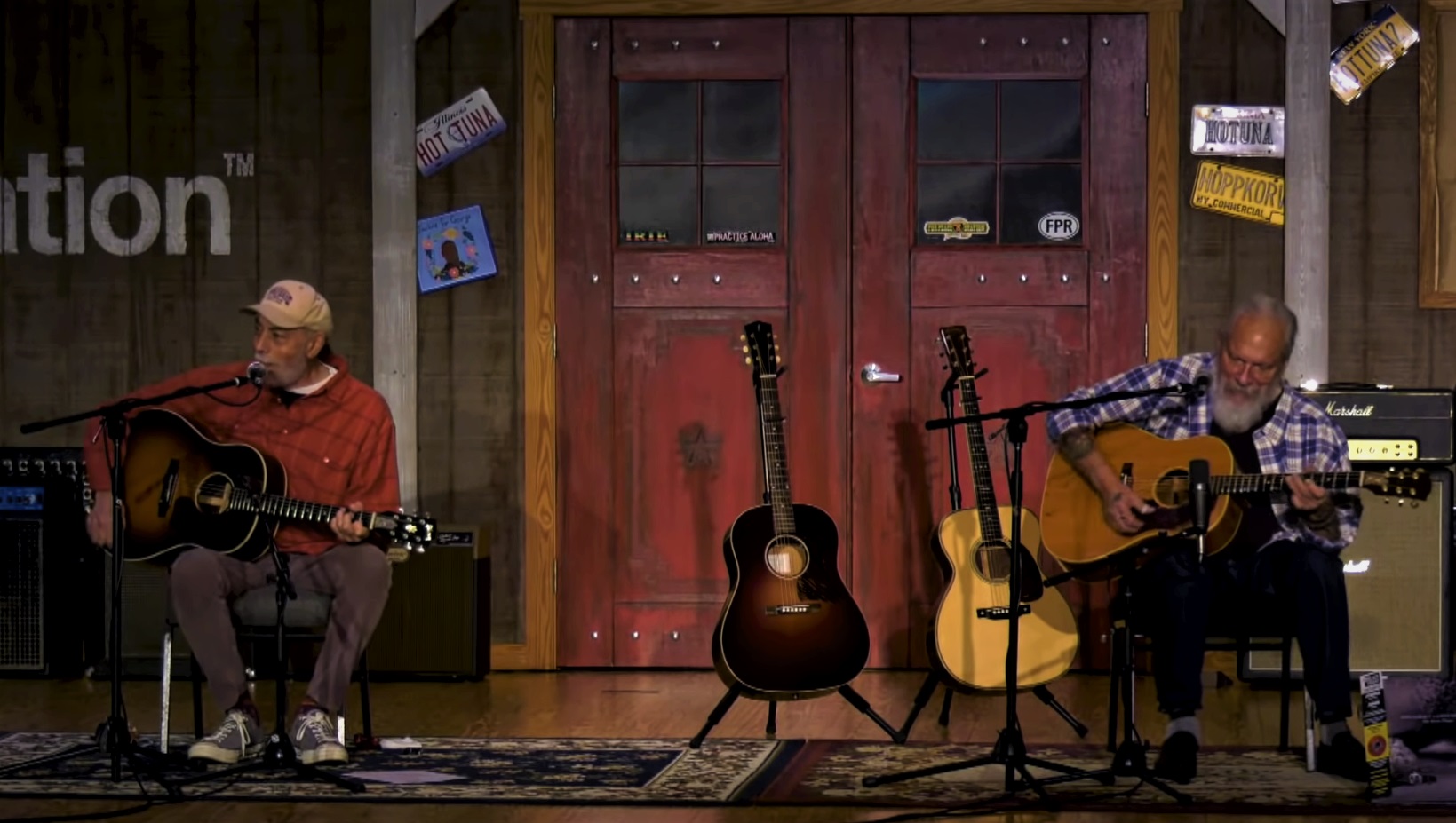
John: It always has been, David. Still after all these years, I feel it still. Like this record, when I had it in my hand, I looked at it, “John Hurlbut and Jorma Kaukonen.” I was like, “My God,” you know, because Jorma’s big in my world. When I first knew Jorma, I’ll admit Jorma this, I had always been a gigantic fan of his music. I had a friend in Columbus who put on concerts, small type venues, and he had Jorma coming in, and he said, “Hey, Jorma’s coming in.” Of course, he knew I’m a gigantic fan because I was the guy always pestering him for when the next Hot Tuna record was coming out for my business. So I got to meet Jorma that night, and it was a nice meeting. We had a nice time. Then, about a year later, six months later, my friend said, "Hey, I heard from Jorma. He wants to do another show.” I said, "Oh, great. That’s killer.” And he goes, “Oh, I’m not going to do it. I don’t like to repeat my artists within a year of each other.” He was a great promoter, and he moved it all around the place. He was very eclectic in his promoting, and he didn’t like to repeat things. And I said, “Aw, that’s too bad.” And he said, “You should do it.” I said, “I should do it?” He said, “Yeah, you could promote that, you know, through your store.” So he gave me Jorma’s contacts, and that’s when I started doing it, became a promoter. A small range, but—I would promote a lot of Jorma’s shows coming through and even in other parts of Ohio. So that’s how we met. When we’d hang out and stuff—Jorma is a very regular guy. He doesn’t make you—you know, there’s no airs or anything, so you feel real comfortable around him. But at the same time, even though I felt comfortable around him and accepted him like a friend, I was always like, “Wow, this is Jorma.”
GW: [laughter] Right.
John: He is big in my world. He really is. It’s still, after all these years—I’m very comfortable being around him—but I’m also like, “Jorma.” [Chuckles] It really is unbelievable.
GW: [laughs] How is he as a boss?
John: The greatest. The greatest. I have some poster in my office he signed for me in, I guess, about ninety-two, it looks like. It’s the greatest of all pleasures being friends and working together. It’s a funny thing, but it is really nice when you spend so much time working a job and working with the people you do, and when you enjoy the people you’re with, that really makes a whole special thing as well.
GW: That’s life itself, right there.
John: He’s a great boss. He’s very caring, not only me, but everybody. Nothing but good things to say on my end here.
GW: That’s nice to hear, John. To sit there in a life that you’re very grateful and appreciative of, you’ve accomplished something I think everybody hopes to have in their life. And I’m sure you appreciate that.
John: I really do. And the fact that that doesn’t get by me at all, I feel very, very blessed.
GW: If you had to pick one thing that the Jorma you met back then, and the Jorma now, what’s something you would say has changed in him over the years?
John: As far as a change?
GW: Yeah.
John: He’s only gotten better and better as a person. We’ve always enjoyed each other’s time and everything. We really do have a lot of nice times together. It isn’t like anything that’s changed. He’s always been a great person in my eye. I guess it’s just when you’re around someone more, and you get to feel different things—I mean, things that attracted me to Jorma, he’s very, uh, he has so much depth that you could talk to him about old movies, and he knows the characters and the setting and stuff. I love to read. Jorma loves to read. So, you could talk about books. You could talk about old music. He’s always very enlightening. He’s a very deep person. At the same time, he’s something you can touch and listen to. You know, some people can be so deep they lose you.
GW: Yeah. [laughter]
John: No pretentiousness at all. He’s just as real as could be. Look, almost forty years we’ve been friends and had a lot of nice times together, done a lot of things together, and he’s just a—I feel so lucky to have him in my life. He’s enriched it. He’s inspired me in so many ways. I always used to say to him—because I’ve known him for so long, like when he turned fifty, I said, “Boy, I hope I can be as cool as you when I’m fifty,” [chuckles] because I’m fifteen years younger than him. “Yeah, you will," he says. “Yeah, you will.” And when he was sixty, I said, “Well, I hope I can be in as good of shape and have as good a mind.” Because you know what happens sometimes when you get older, you get either real conservative or protective. Like one of my friends said about the Fur Peace Ranch years ago when we started, he said, “You know, I got so much respect for Jorma because someone at his point in his career, his life, could easily just put a big wall around his house and just seclude himself from people. Instead, what did he do? He built a place and opened the door for people.” And that’s just kind of how he is.
GW: I’ve caught that about Jorma. You quickly realize he has depth. It’s just right there in how he talks and how he writes. The guy was there for every one of these huge musical cruxes that defined the music of the times.
John: Really. He really was. All the major music festivals, and that whole Dead connection. I remember seeing Jorma with Pigpen in that—uh, coming out of that garage, the basement hangar, you know, those kinds of things there. He’s such a part of all that history. It was really cool one time—because I used to work on the road with him as well. The one time we were in California—he does the thing where he drives by the old neighborhood and runs through the history—and he says. “That’s the house where that picture was with Pigpen, coming out there.” And I went, “Wow, that’s cool history.”
GW: It has been a really nice thing, and for him to be this genuine coming out of it.
John: You know, he’s eighty here in a couple of weeks. Rock and roll for some people, you don’t get that longevity out of it. Or else you get some guy that’s eighty and does the same show every single night, and saying the same words between the songs every night.
GW: There’s not too many people out there that can make eighty look cool.
John: [chuckles] Yeah. And he does, boy. He’s still full of surprises. You never know where some song’s going to go and where he takes it. He’s still living it. Creating. I’m sure you’re the same way, when you see someone like this, older, you think, “Wow, boy. I only hope that’s going to be like me when I’m eighty.”
GW: [laughter] Yeah, I do.
John: There’s other people at this age that get conservative, their ideals change, this and that, but in Jorma’s case, I mean, he’s really a thinker and very much alive in the world today still.
GW: Yeah. It comes across. The life energy in him definitely emanates from his being.
John: That’s a great word, life energy. That’s exactly right.
GW: Well, John, I guess I’m going to have to let you go. It’s hard to let you go my friend, but thank you.
John: I really have enjoyed my conversation with you, David. And thank you for your interest in, The River Flows.
GW: Hey, and tomorrow night when you’re playing on the quarantine show, know I’ll be watching.
John: Will do. Thank you. Bye-Bye.
“Water bright as the sky from which it came.”





